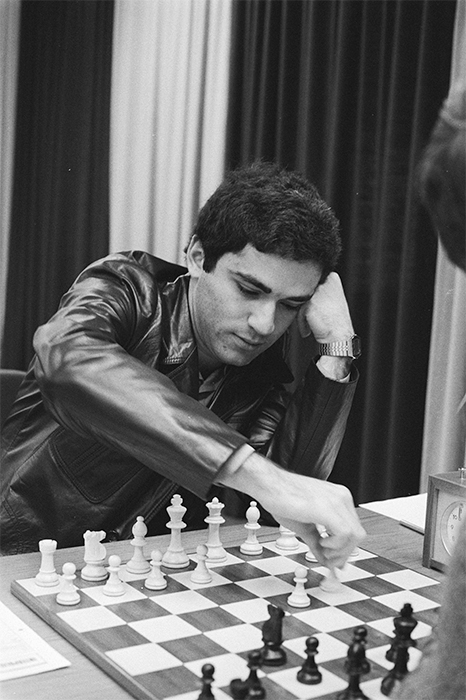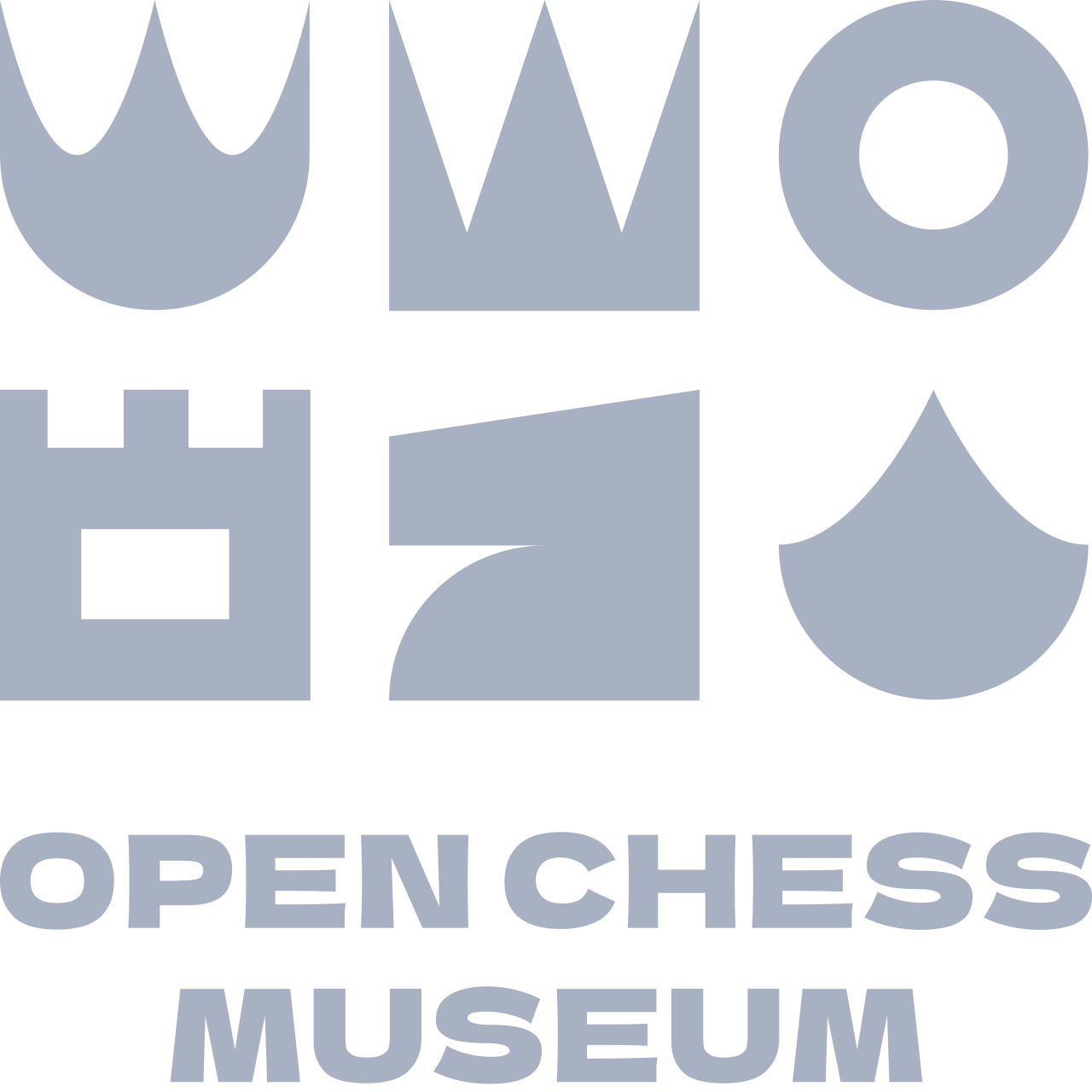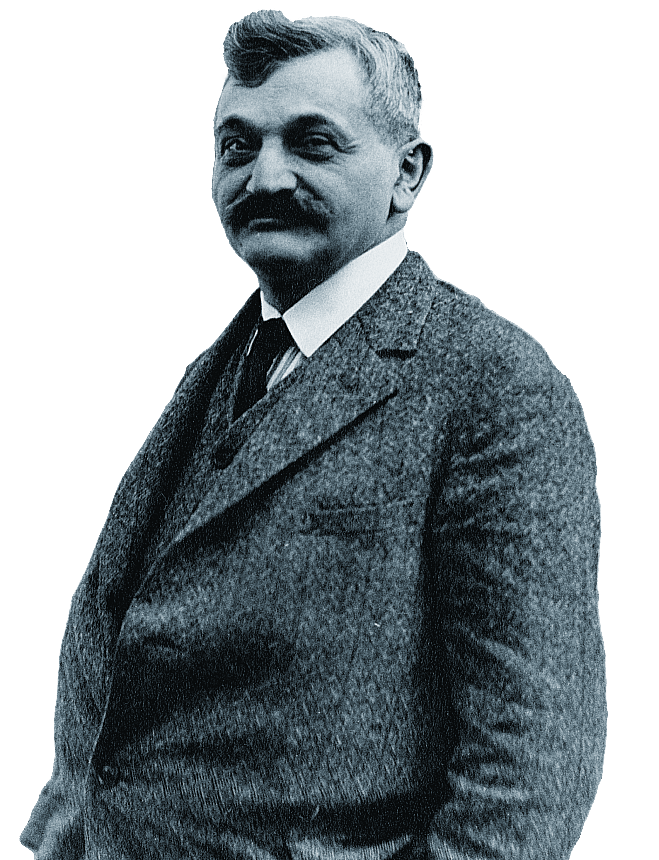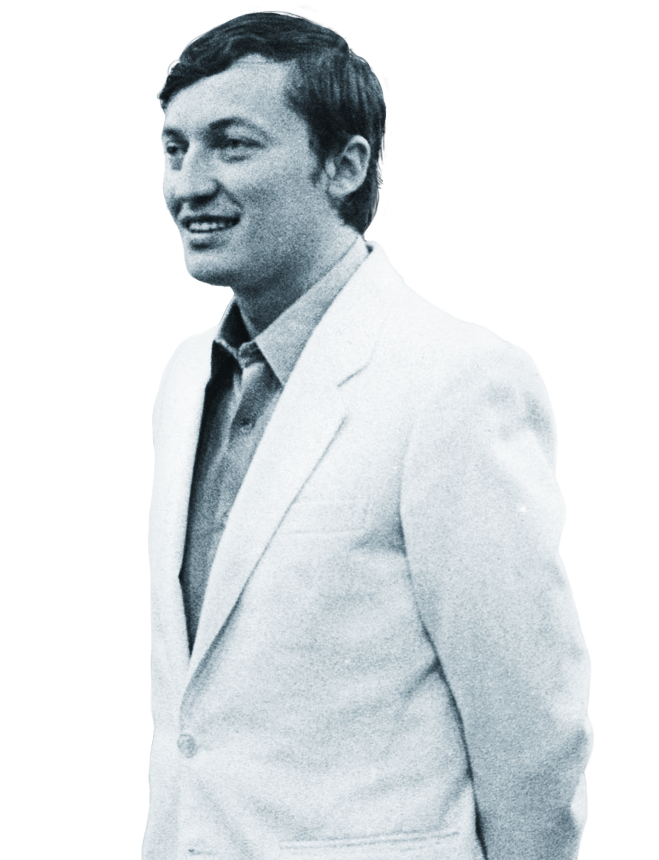Garry Kasparov
Biography (1963)
Garry Kasparov (born in 1963) was widely thought to be a future champion in his teens, and he lived up to these expectations after winning the Interzonal in Moscow (1982) and crushing Beliavsky (+4-1=4), Korchnoi (+4-1=6), and Smyslov (+4-0=9) in the Candidates matches. His unlimited first-to-win-six-games match with Karpov (Moscow, 1984) became the longest in history. It was terminated without result and stirred up much controversy.The following year, another match was organized, which Kasparov won 13-11 to become the youngest World Champion. In the next five years, Kasparov defended his title in three matches with Karpov: London-Leningrad (1986) (12½–11½), Linares (1987) (12-12), and New York-Lyon (1990) (12½–11½).In 1993, Kasparov and Short (the winner of the Candidates cycle) played the title match outside of FIDE jurisdiction, which Kasparov won 12½–7½. Two years later, he defended his title in the match against the winner of the PCA candidate cycle, Viswanathan Anand, by a score of 10½–7½ (New York, 1995).Despite losing the chess crown in 2000, Kasparov continued to dominate tournaments and was #1 on the FIDE rating list when he retired from professional chess.

Notable game
This was Game 12 of the 1990 New York/Lyon World Championship match, the last of the five matches between Kasparov and Karpov
Play like a champion!
Black to move.
Examine this position and decide on your next move. To see the correct answer, click the button below.
Want chess advice?
On Kasparov
Boris Spassky
After Karpov and Kasparov, there are no longer kings, but only prime ministers.
Anatoly Karpov
Kasparov was fortunate that computers emerged during his career, and he swiftly embraced their use. He quickly realized the immense advantage they provided. Today, all chess players utilize this technology, but at that time, Kasparov was ahead of the curve, and it gave him considerable advantages.
Vladimir Kramnik
Perhaps Kasparov can be compared with Botvinnik in his willpower, but he surpasses his teacher in flexibility. He soaks up changes like a sponge, quickly and successfully incorporating everything he sees into his arsenal. I think this is what distinguishes Kasparov from all other chess players.
Magnus Carlsen
In my opinion, Garry Kasparov is the greatest player ever. Garry is a hard worker, with a very special talent for the game from a very early age. He could find ideas that nobody else could.
.png)
Want more?
Read
.jpg)
Garry Kasparov on Garry Kasparov
2011
.jpg)
Garry Kasparov. How Life Imitates Chess: Making the Right Moves, from the Board to the Boardroom
2010



.png)

